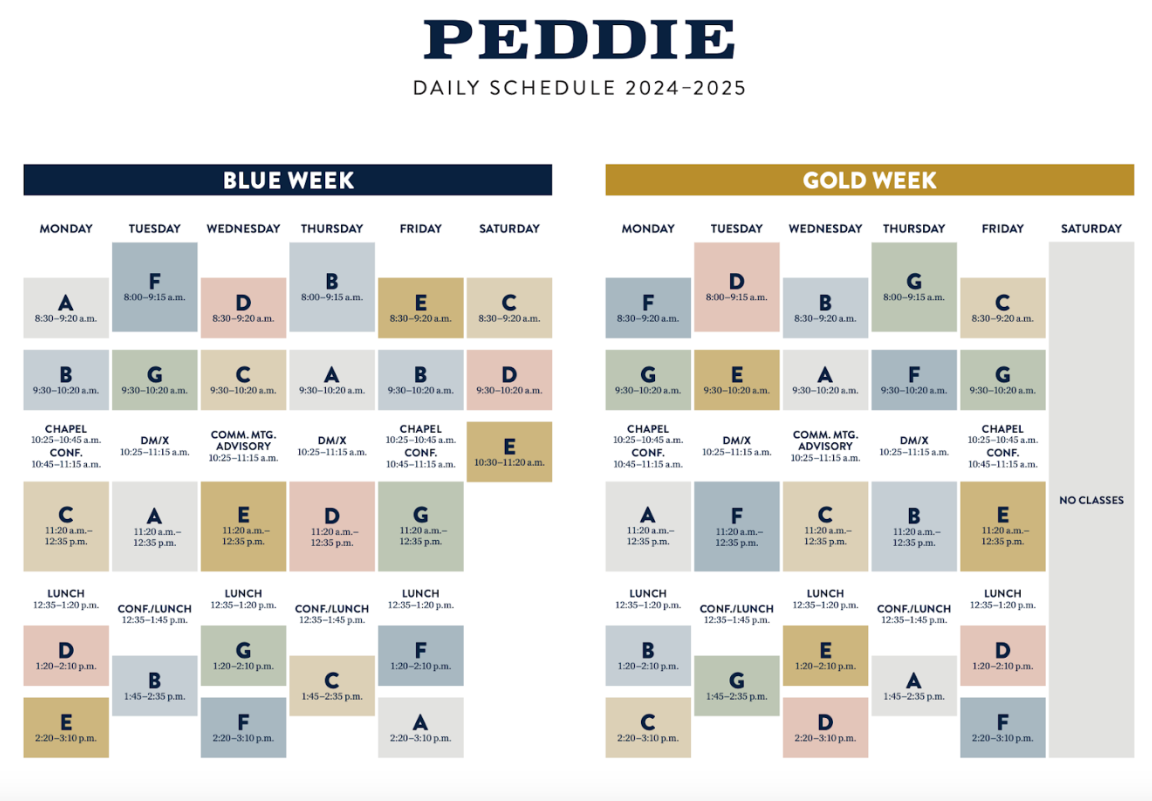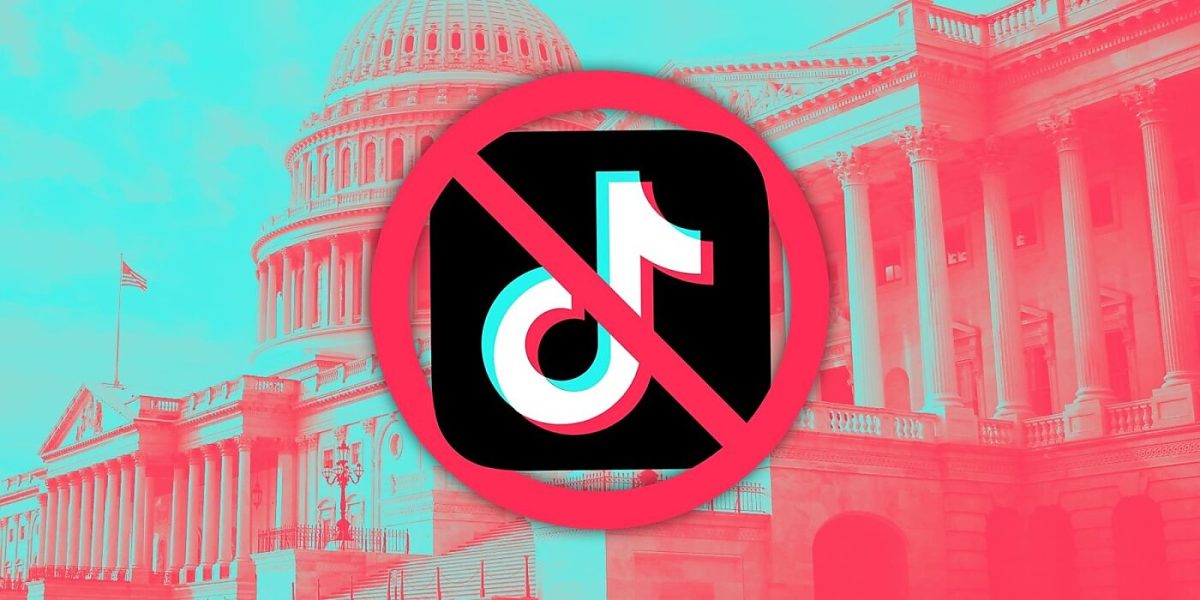When Satire Abuses Free Speech
November 4, 2015
The Peddie School prides itself as a place where ideas and opinions can be freely expressed, without fear of retribution or punishment. As teenagers, high school is a place to mature both in character and intellect; this can only be achieved once we face the difficultly of speaking to a crowd, of sharing an opinion in class, and in writing a paper. The value in providing opportunities for students to speak freely, then, lies in providing students with the challenge of harnessing their own voice and communicating with others. Organizations like the GSA, Current Events Club, and Debate club foster this sense of growth, at once educating students and simultaneously providing a platform where squabbles and mistakes can be made, without fear of ridicule.Yet does the right to free speech, one of our most important Constitutionally protected rights, and the exercise of that right pertain to all things?
Recently at Peddie, two student-led publications, the Daily Dose and the Blackened Catfish, have stirred controversy in the way content has been presented and the topics have been chosen. For example, in an article published on Oct. 1 titled “EXP Students go on strike, shut down Science Center”, the Catfish lampooned the Peddie EXP program, referring to it as “Elephants Xenophobic Propaganda” and claiming that “the class taught no actual skills.” While, as a satirical news source, the Catfish is protected under the banner of “satire,” it is questionable whether such crude and borderline malicious writing deserves such protection. In recent times, comedy shows such as “The Daily Show” and the “The Colbert Report” have garnered respect for their humorous take on news, yet these shows exist under the protection of the First Amendment. What’s more, information presented on the show is thoroughly vetted and researched. In the case of the Catfish though, many of the article’s sources seem suspicious and more importantly, as an entity under school jurisdiction, its main prerogative remains providing a service to the school. How can it claim to be fulfilling this objective, when publishing content that is neither entertaining nor properly researched?
In the 1989 Supreme Court case Texas V. Johnson, the Court ruled that the act of flag-burning was a form of free speech and as such, was protected under the First Amendment. The act of burning the flag was indeed a political message, sent by anarchist Gregory Lee Johnson protesting against policies by the Reagan administration. Yet the decision was incredibly unpopular, to the extent that, under public pressure, Congress immediately passed the Flag Protection Act the very same year (which was repealed the next year, by the same Supreme Court). While sources like the Catfish have the potential to be both entertaining and informational for the student body, we must also consider the amount of freedom they can command.














































